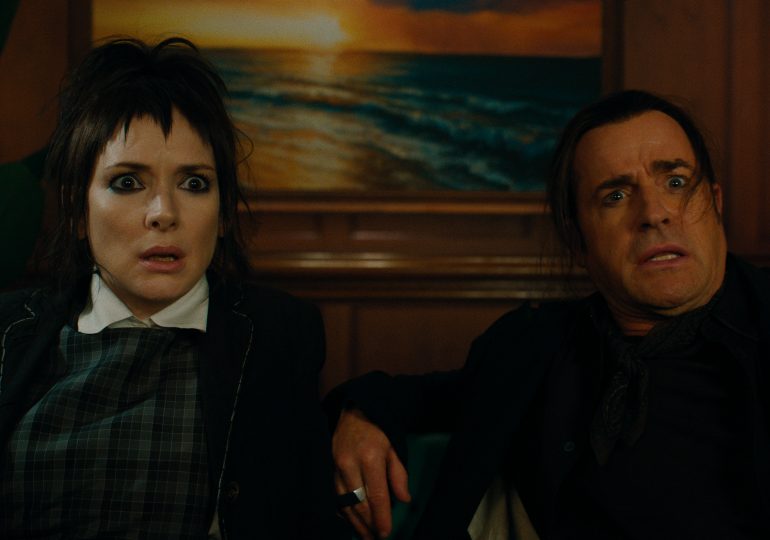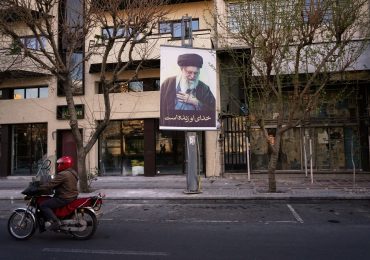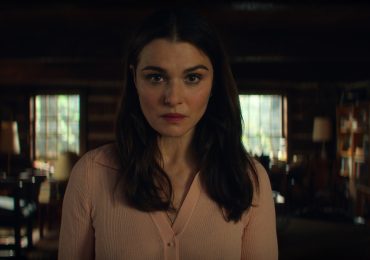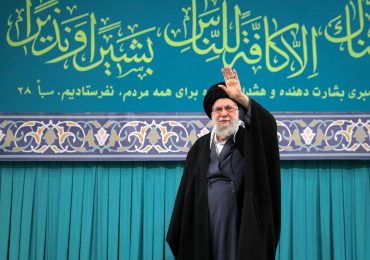More than 35 years after Beetlejuice arrived on the horror comedy scene and left an indelible mark on pop culture, Beetlejuice Beetlejuice, a long-awaited sequel to Tim Burton’s ghoulish cult classic, is slated to hit theaters Sept. 6. This time around, the story follows a now middle-aged Lydia Deetz (Winona Ryder) as she returns to Winter River in the wake of an unexpected family tragedy—only to find herself once again contending with the tricks and torments of Michael Keaton’s titular malevolence.
[time-brightcove not-tgx=”true”]
Accompanying Lydia are her eccentric stepmother, Delia (Catherine O’Hara); angsty teen daughter, Astrid (Jenna Ortega); and shifty, ponytail-sporting boyfriend, Rory (Justin Theroux), who also manages Lydia’s career as the host of her own paranormal reality TV series, Ghost House with Lydia Deetz.
With Ryder, Keaton, and O’Hara all reprising their roles from the first movie, Theroux is a new addition to the world of Beetlejuice who grew up as an ardent fan of both the original and Burton’s body of work as a whole. So when the filmmaker reached out to him about a potential part in the sequel, Theroux was “eager” to find out more. “I was a little apprehensive that there might not be a reason for a second Beetlejuice,” he says. “But when I read the script, I was very impressed by the story that had come together around it.”
TIME spoke with Theroux about Beetlejuice Beetlejuice, his roles in cult classics, and the enduring love for The Leftovers.
TIME: It’s been over 35 years since Beetlejuice was released. Were you a fan of the original movie when it came out?
Theroux: I was absolutely a fan. It came out at a time when I wasn’t aware of what was a studio movie versus an independent movie. But it definitely felt very independent and like it was just mine. I loved it.
Tim Burton is known as Hollywood’s resident master of macabre. What stood out to you about his process as a filmmaker?
I don’t see him as a master of the macabre. I see him as a true creative. We’re blessed with very few directors whose films are just so singular and so visionary, and where there’s a very short distance between their brain and the screen. [Federico] Fellini is one. And [David] Lynch. I think Tim falls into that category. We’re lucky enough that the system has allowed him to have that outlet and sort of create his own genre. He really does make [all of his movies] feel like independent films. He puts a very thick, cozy bubble on the cast and the day’s work. He’s also incredibly energetic, like water skidding across a hot pan. He rarely puts his butt down on his director’s chair.
Other than Beetlejuice, do you have a favorite Tim Burton movie?
I adore almost all of his films, but one that’s very dear to me is Pee-wee’s Big Adventure. His first film. I hadn’t seen anything like that before.
You star opposite Winona Ryder as the iconic Lydia Deetz. What was it like seeing her bring such a beloved character back to life?
She was the character in [Beetlejuice] that I gravitated toward most. She was roughly the same age when she made it as I was when I had a ticket torn for it. And it was the first time I saw reflected on screen what I now know every teenager feels, which is this sort of misanthropic ennui or sadness. So it was really fun to see her on our first day of hair and makeup tests with those cat’s claw bangs and updated black dress. It was like, oh, that’s exactly how I would envision her 35 years later.
You play Rory, a smarmy con artist-type who’s dating Lydia. How did you approach that role?
Playing shallow and dim and not very bright is really fun. And then me and Tim had these long discussions about how we wanted [Rory and Lydia] to feel believable as a couple, but it’s just this incredibly ingrown toenail of a codependent relationship.
This cast is chock-full of legendary actors. What was your favorite moment on set?
All of the days on set were really fun. We genuinely were all having a giggle and laughing a lot. But that’s separate from the pinch-me moments. There was one day where we were all working on the finale and they had a little holding area for us. I looked around at the actors’ chairs that were in this sort of semicircle so you could see all the names: Monica Bellucci, Willem Dafoe, Catherine O’Hara, Winona Ryder, Jenna Ortega. That visual was one of those pinch-me moments where I was just like, “Oh my god.”
You’re definitely flexing your comedy muscles in Beetlejuice Beetlejuice. What appeals to you about comedy versus more dramatic roles?
With comedy, everything’s lighter on its feet. It’s the difference between playing tackle football and Nerf darts. When you’re doing drama, there’s a lot of “Quiet on the set!” and the days can feel a bit longer, whereas with comedy the time seems to fly by. Particularly when you’re working with such funny people. With Catherine [O’Hara], for example, I wanted to go to work on days that I wasn’t even working. And I did a couple of times just to see what she would do. To watch her spark and ping-pong around is incredible.
Considering your roles in films like Romy and Michele’s High School Reunion and American Psycho, this isn’t your first rodeo with cult classics. What does it mean to you to have been a part of so many projects that fans feel such an intense connection to?
Nothing’s a cult classic until years later. No one sets out to make cult classics. I feel really lucky to work with good enough actors and directors to have made a couple films like that. The films I love are like finding old vinyl in a record store. The ones you feel like you discovered on your own or found years after they’d come out. So to have a few films in my pocket that feel like that for other people is very gratifying.
You’ve also been a screenwriter on a number of hit movies. How do you decide where to focus your energy when it comes to acting versus writing and so forth?
When you’re trying to write something, shepherd it, get it sold, get it made, get it into post-production, and get it out, that’s a two-year process or more. Acting is sort of quick hits. You can go and dip in for three weeks or six months. I haven’t written in a couple years, but I’ve been writing a bit more now. So I’m putting my toe back in that water and hopefully creating a few scripts that will be in the pipeline soon.
The Leftovers consistently appears on lists of the best TV shows of all time. Why do you think that story continues to resonate so deeply?
At the end of the day, that series was about something we all experience in our lives, which is grief and death. And it did such a beautiful job of gently wrapping its arms around that subject. Films and TV shows deal with difficult subjects all the time, but the supernatural premise that [The Leftovers] opens with wasn’t what was fully explored in its three seasons. It quickly gets away from that. Add to that the writing, direction, and performers were all so incredibly good. I think that’s why it endures.
Sex and the City is enjoying a cultural resurgence of sorts thanks to its arrival on Netflix. Were you a fan of the show when it originally aired in addition to appearing as two different love interests of Carrie’s?
At that time in my career, I was just trying to get a job and I don’t think I could even afford HBO. So I was not a fan, but strictly for financial reasons. I knew, of course, that it was tapping into the zeitgeist when it was coming out just by seeing it on the cover of every magazine. I enjoyed doing that show thoroughly. And I love that it continues to have this life. It’s both a cult classic and a show that keeps revealing itself.
Leave a comment








